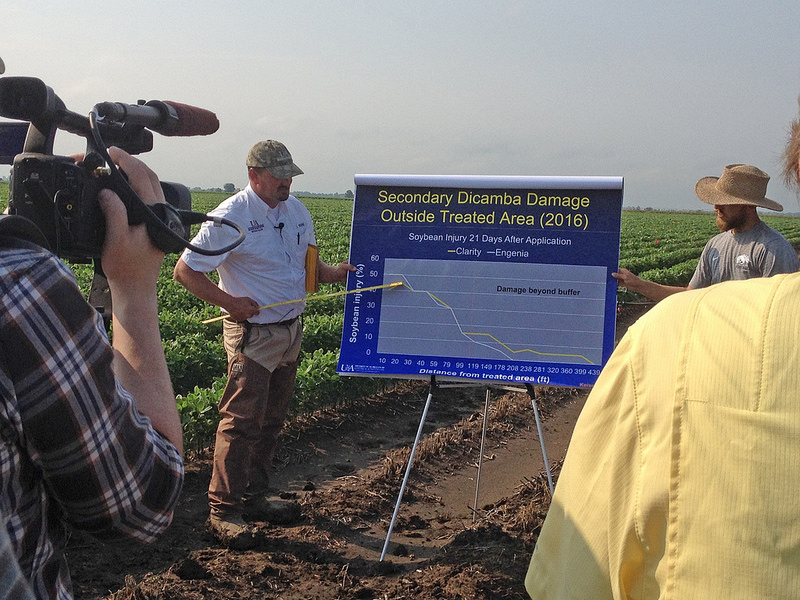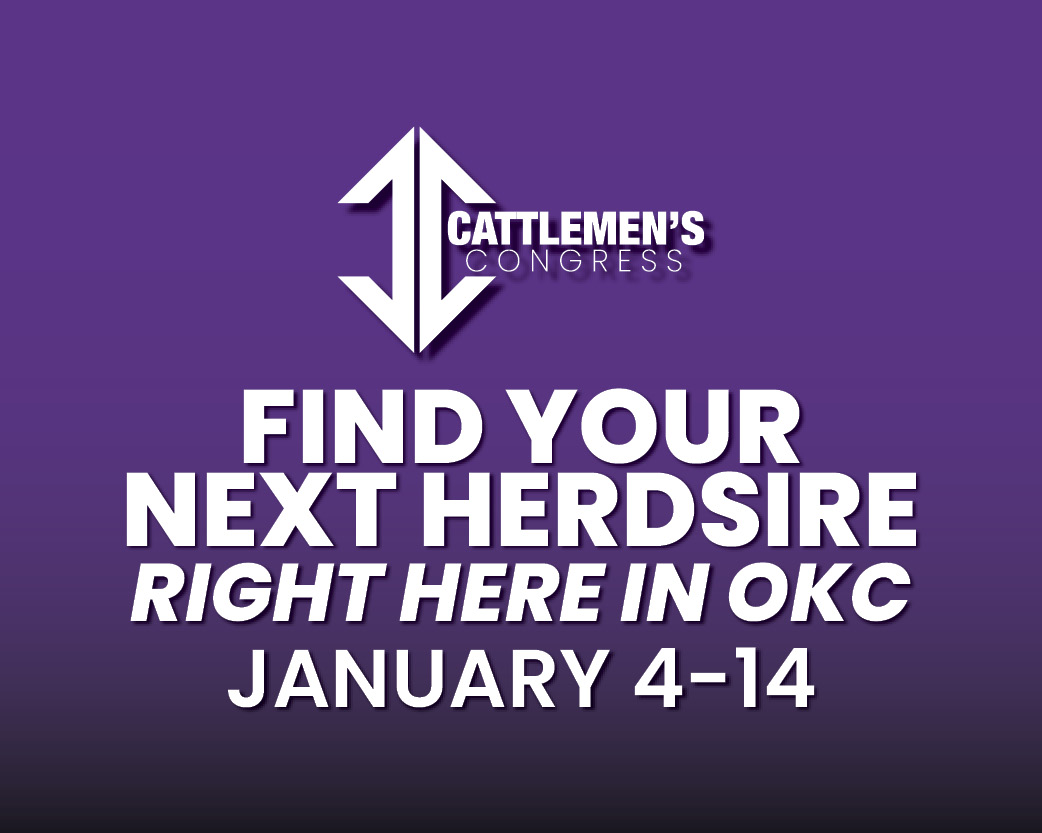
Agricultural News
Battle Lines Over Dicamba Use in 2018 Drawn in Arkansas
Thu, 14 Sep 2017 06:28:53 CDT
 The Arkansas State Plant Board will consider an April 15 cutoff date for dicamba use in the state next year, as recommended in a task force report submitted Monday.
The Arkansas State Plant Board will consider an April 15 cutoff date for dicamba use in the state next year, as recommended in a task force report submitted Monday.
Governor Asa Hutchinson directed Secretary of Agriculture Wes Ward and Plant Board Director Terry Walker to convene a task force to review dicamba technology, investigate current problems with its use and application, and make long term recommendations for the future. Task force members met August 17 and August 24 at the Rockefeller Institute on Petit Jean. The Rockefeller Institute used a process to bring the group to consensus that allowed for thorough examination of dicamba research from university and industry scientists, narratives from task force members, and review of dicamba use challenges in Arkansas.
Rockefeller Institute representatives facilitated dialogue among group members to allow for different perspectives to be shared in small gro up and large group settings. Recommendations provided in the report will be used by the Arkansas State Plant Board to develop regulations for dicamba use in the 2018 growing season.
A quarterly Arkansas State Plant Board meeting is scheduled for September 21.
The plant board also will consider a petition submitted last week by Monsanto that urges rejection of the cutoff date. In a letter to Hutchinson, the company's chief technology officer, Robb Fraley, contended that "the available evidence establishes that Arkansas farmers can use new, low-volatility dicamba formulations safely and effectively to control resistant weeds."
Fraley said that more than 90 percent of the nearly 1,000 complaints of off-target dicamba damage received by the state this growing season "were from a confined area of the state covering eight contiguous counties, and most were made during a two-week period in June." In the rest of the state, which includes "80 percent of all soybean-growing counties and nearly two-thirds of the highest-soybean-producing counties in Arkansas," growers were able to use new, low-volatile dicamba technology successfully.
Only BASF's new, low-volatility dicamba product, Engenia, was allowed for use in Arkansas this growing season. The state did not approve Monsanto's Xtendimax formulation with VaporGrip technology or DuPont's FeXapan because researchers were not able to conduct independent testing, according to the state.
Monsanto, however, contends that no requirement for independent testing exists. "After registering XtendiMax in 2016, the Plant Board subsequently adopted a rule preventing its in-crop use within the State based on the absence of 'required' University of Arkansas research data," Fraley said in his letter. "The Plant Board's decision was (and is) arbitrary and capricious because the administrative record shows that no such requirement ever existed and still does not exist."
The petition takes aim at research by university weed scientists linking off-target damage to the volatility of the new dicamba formulations. Fraley called the research "unsubstantiated product volatility theories that are not supported by empirical or modeled data, but are contradicted by actual scientific data the task force failed to consider."
In a brief statement, the plant board said it had received the petition "and will include it for consideration" at the Sept 21 meeting. "Board members are working diligently to review all dicamba-related recommendations and research to make the best decision on possible rules and regulations for dicamba use in the 2018 growing season."
In a statement, Mark Cochran, Vice President-Agriculture for the University of Arkansas System Division of Agriculture, said, "First, and most importantly, we stand by the integrity of our scientists and their science, including Dr. Jason Norsworthy, our internationally recognized researcher and his work, and all our weed scientists, as well as other public weed scientists on record in other states.
"We are confident in the science that we've used to advise the regulatory process in Arkansas.
"Even Monsanto recognizes his reputation. Just 48 hours before the petition was filed, the company invited Dr. Norsworthy to present a summary of national drift and volatility research at an academic summit on dicamba that the company is hosting in St. Louis this month. He has declined this invitation.
"We will examine every point in this petition and its appearing and disappearing group of supporting exhibits, and over time will respond factually to its major points.
"There are several points in the petition we need to address immediately: First, Norsworthy's findings are anything but an outlier. It is consistent with research work in other states, including that of Kevin Bradley in Missouri, Tom Mueller and Larry Steckel in Tennessee, and elsewhere.
"Second, none of our researchers has ever endorsed any product, but sometimes companies use our public comments and statements without our permission.
"Based on Monsanto's allegations, we intend, under the terms of our agreements with Monsanto, to publish all data relevant to our dicamba work over the last few years.
"This petition isn't just about a single herbicide, but it's an attack on a whole profession scientists whose careful work is meant to be of benefit to all.
"We have made our explanations available to the public, including at field days and through videos of the presentations that were and are still public on the Cooperative Extension Service site, www.uaex.edu. Our public land grant research results are scientifically vetted and valid, and we are pledged to being transparent in our results."
One of those articles that summarize the work of Norsworthy can be read and seen by clicking or tapping here.
WebReadyTM Powered by WireReady® NSI
Top Agricultural News
More Headlines...





